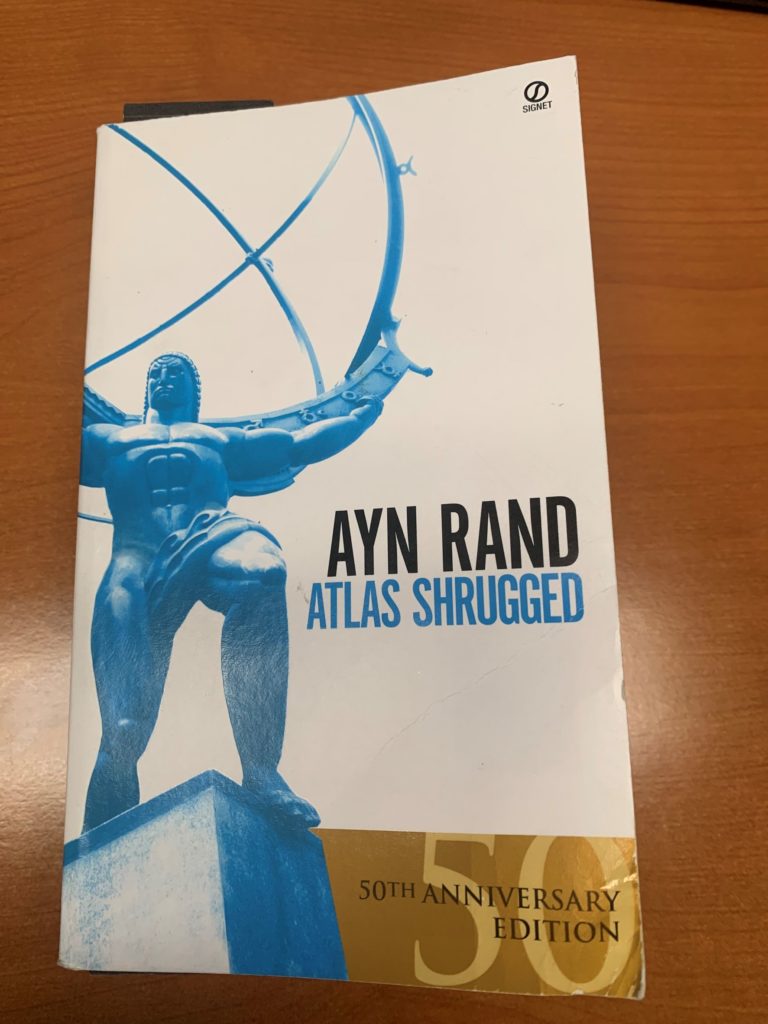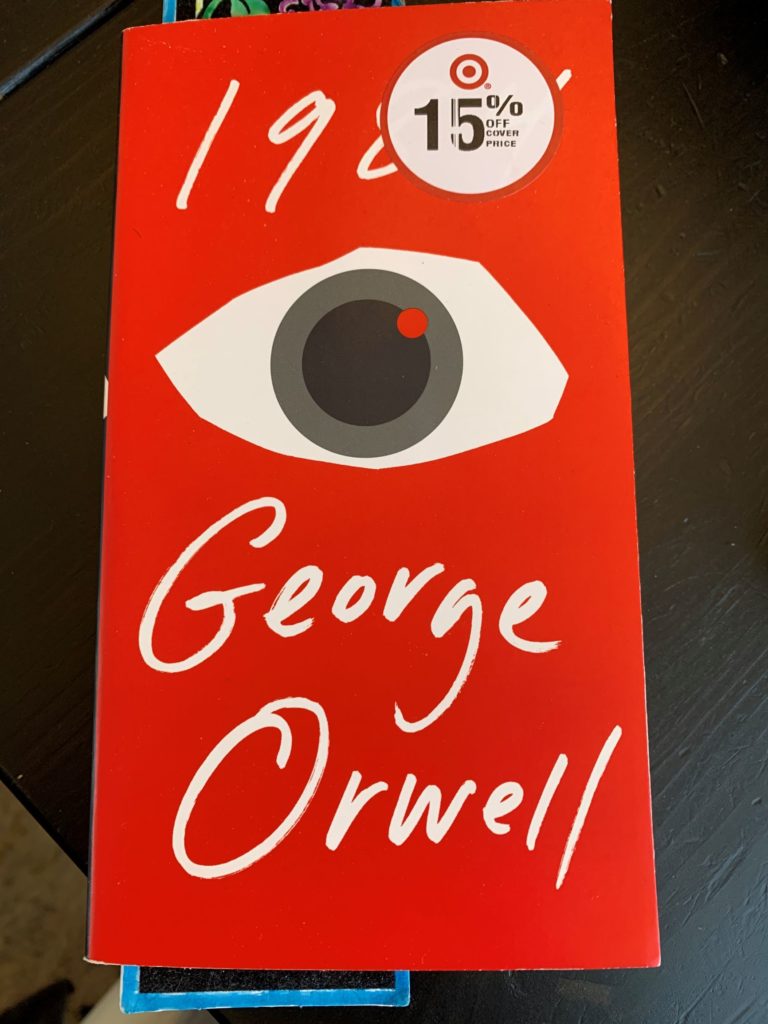The fact that I am already looking at the other Ayn Rand books leads me to believe that I am going to be reading more from her. I can say that I am astounded at how astute she was and how this all dovetails together with today. Look closely, this is social justice at work. It is just cloaked in a less, in your face manner.

The chapter starts out at Thanksgiving which happens to be the night before the Reardon trial. The family members behave as poorly as normal with their normal snarky platitudes. Henry listens to one last jab and lays down the line for his brother.
This is human nature. It also seems to be the way that ungrateful dependents act. Having raised a number of other people’s (adult) children, they either get it or they don’t. And when they don’t, they are pretty self righteous about how their problems are someone else’s fault.
But when you look at it objectively, you can understand. They wouldn’t be ungrateful dependents if they didn’t have some sort of deficiency. A lot of it is the lack of ability for self-reflection, accountability and a drive to do better. This causes them to be deluded into the fault of the problem. Of course, they forget about how they got into a shouting match with their boss because they were doing something they weren’t supposed to do which got them fired.
I almost feel sorry for them until I remember what indignant assholes they are when they are in this mode. At some point, you have enough with their pity party and get tired of them not taking a wiser counsel. After being threatened with violence or just tired of confrontation and volatility, you just have resolve yourself that you have done what you can. It is time for them to leave. I don’t consider that a major theme of the chapter, but clearly it struck a nerve in me.
So, now the real theme, the Reardon trial strategy. During the trial, Reardon offers no defense for his trial. That tactic befuddles the judges, who cannot comprehend the situation. Now, as a quick aside, I do not believe that this would ever work in some sort of trial. But, it is an allegory for life.
When you are in the pool, it is customary that when someone yells ‘Marco’ the other people respond with ‘Polo’. If you don’t respond, you have broken the object of the game and it doesn’t work. I talk a lot about the left/right dichotomy and this is the perfect strategy. Picking a side puts you in the game and no matter what side it is, you are involved. Once in the game, the only way to play is with the established rules.
Naturally, if you want to break the game, you cannot operate within the boundaries. You have to stay outside of the game to change it. If you catch my drift, you cannot elect the right people out of the game because they are all playing it right along with you. I suppose that if it your desire to win ‘Marco Polo’, then you have to play in order to win.
Using something more colloquial, imagine a fantasy football league. Assume the premise that all of the players are motivated to win, all are ostensively educated in the rules and ‘game pieces’. What are your chances to win? What happens when someone quits actively playing mid-season and how does that effect the overall outcome?
There is some skill but also luck in winning. If I was tied for first place and lost to the guy that quit earlier in the season, yet my competitor is playing the guy that quit and I am playing the second place guy, he will likely win and I might lose, My point with all of this is we can’t go into a season and know the outcome because we can’t predict how the other players will act, let alone injuries, etc from our teammates. Enough fun and games, I think that you get the point.
End Your Programming Routine: Some very interesting revelations in this chapter. I debated even cutting the enough is enough comments before I started writing. Then, I thought I would just mention it but once I started writing, I debated writing the entire post about that and cutting the second section out. Not playing the game is a theme that was too important to not give full attention. I think that the enough is enough is on my mind, because that is the podcast on that I talked about on Monday.

Recent Comments